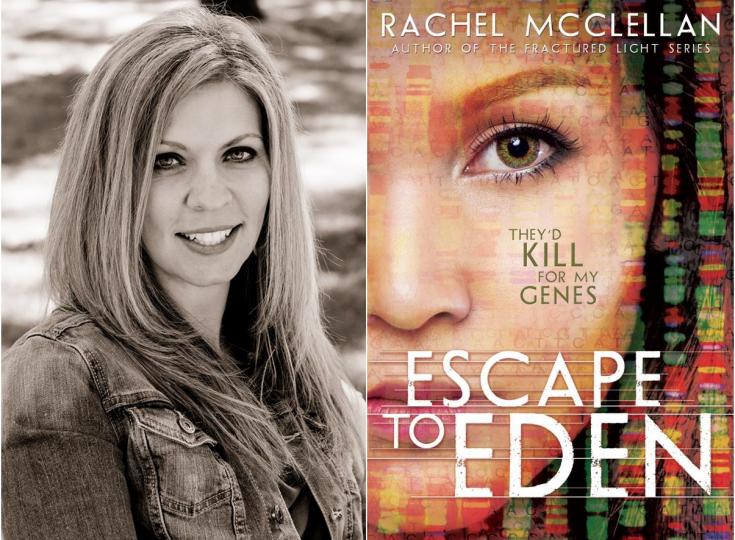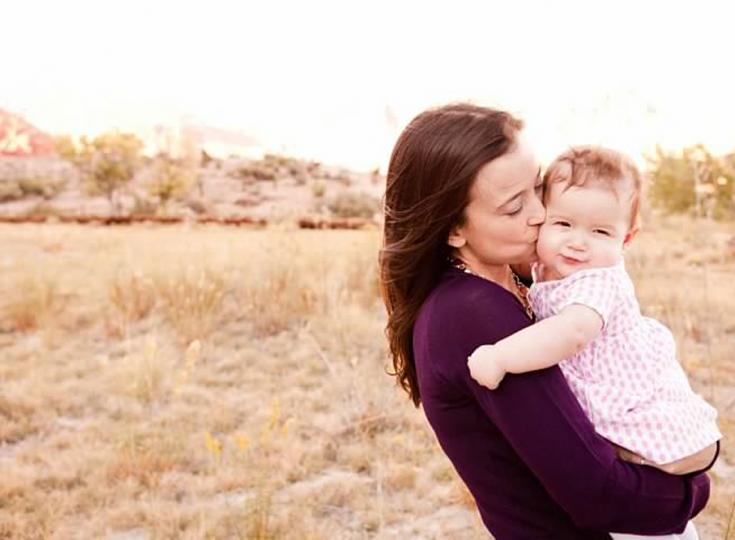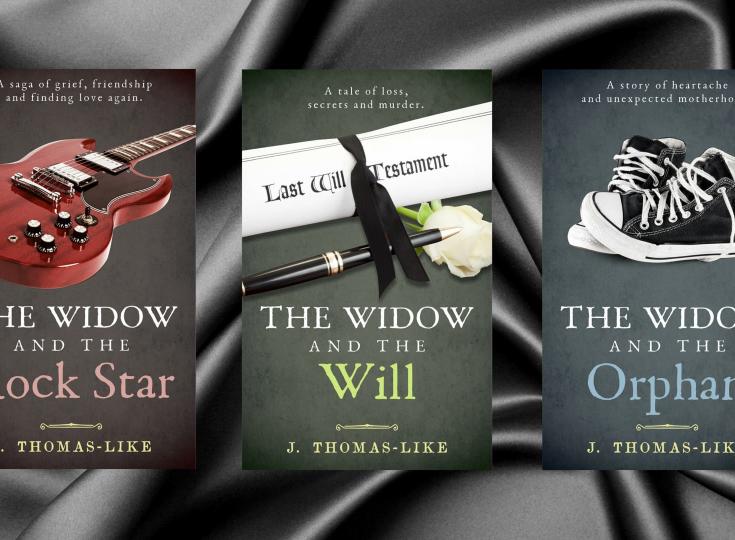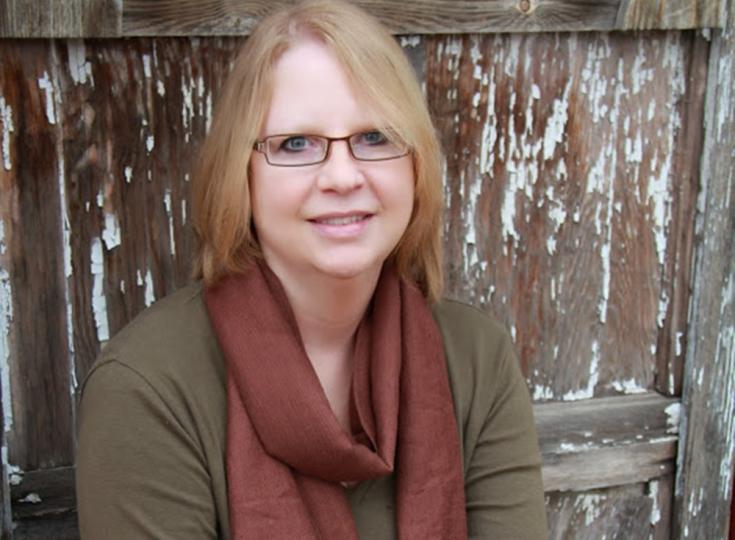Toni Dwiggins - Taking Forensic Mystery into Thriller Territory
Toni Dwiggins is a USA Today Bestselling author. She takes forensic mystery into thriller territory, bringing her characters from the lab to outdoor adventure. She has hiked the same trails, skied the same mountains, run the same river, and kayaked the same sea as her characters -- but she doesn't get into nearly the trouble that they do. As our Author of the Day, Dwiggins tells us all about her book, River Run.
Please give us a short introduction to what River Run is about:
Two forensic geologists travel to the Grand Canyon to consult on a documentary about threats to the canyon's Colorado River. The job is supposed to be easy—all they have to do is talk about their field of expertise, and make sure the filmmakers get the facts straight. The consulting is a bit of a vacation for them, because their regular work is analyzing earth evidence at scenes of crimes and crises and catastrophes.
On this job, there will be no dead bodies, nothing grim or soul-sucking—or so they think. They think wrong.
A raft is found on the river with the rafters missing, and the life vests unused. There is, however, a baggie of pebbles caught in the bowline. And so the geologists are enlisted to do what they do best, follow the evidence to find out what happened.
What inspired you to write this book?
About ten years ago I went on a rafting trip through the Grand Canyon. It was a crazy-wild trip through rapids that went from gentle bumps to standing-wave-gonna-eat-your-raft. When we weren't on the river, we were hiking the side canyons, ogling layer after layer of rock, walking through time.
The other books in my series are set in California, where I live, but that Grand Canyon trip stayed with me. So for book #5 in the series, I just had to send my characters to the Canyon. The greatest geological laboratory in the world, with gnarly rapids and deep-cut canyons. A place where it's very easy to get in trouble. As the river ranger says in the book's opener: “There's a boatload of ways to die in the Grand Canyon.”
For a writer, what's not to like ;)
Tell us more about Cassie Oldfield and Walter Shaws. What makes them tick?
Cassie Oldfield, my POV protagonist, is in her early thirties, and her partner and mentor Walter Shaws is in his mid-sixties. They have a bit of a father-daughter relationship. Cassie worked in Walter's forensic geology lab as a kid, doing scutwork, and learning how to read rocks to solve crimes. She was hooked. In part, because her little brother had died in an accident, she found a refuge in the lab. There, she could exert some control over the dangers of the world. After graduate school, she became a partner in Sierra Geoforensics.
Walter Shaws, as a kid, hung around the set of a television series about a mining camp—his parents worked on the show. One day a geologist consultant took Walter aside and scraped the gold paint off a 'gold nugget' prop, revealing a quartz pebble, and explained how that was associated with real gold. Walter was hooked. He didn't want fake rocks. He wanted to read the real things. In graduate school, his advisor took him along to consult with the FBI about a murder, in which sand was found in the pant cuffs of the victim. And that was that. Walter found his calling.
What makes them both tick is a firm desire to repair the rip in the safety net that allows people to go about their daily lives. Plus, they love adventure and the outdoors.
Why forensic geology? What fascinates you about this field?
I've always been a bit of a rockhound, and one day I was rambling through the library and came across a book about forensic geology. Like my characters, I was hooked.
Geology itself is just flat-out cool. Consider this: the summit of Mount Everest is marine limestone. Meaning, the summit was born a long time ago at the bottom of an ancient sea, and then subcontinental plates collided and raised that summit up to become the top of the world.
Forensic geology marries rocks and mystery, and I've always loved mysteries. In fact, the first detective (okay, fictional) to put his knowledge of rocks and soils to work solving crimes was none other than Sherlock Holmes. Real-life forensic geologists today would knock Holmes’ socks off with their nifty tools and techniques.
Which brings me to the day I truly fell for forensic geology. I learned the basics from a guy who was kind enough to give me a tour of his lab. He quoted from William Blake’s poem Auguries of Innocence: “To see a world in a grain of sand.” And then he showed me a grain of sand under the scanning electron microscope. And there, indeed, was a world revealed. That grain was angular. Sand is shaped by wind and water, banging grains into one another. The most rounded shapes suggest desert sand. Less spheroid, it likely comes from dunes. Angular shapes mean beach sand. The murder suspect—in whose pant cuff the sand in question was stuck—was placed at the beach where the victim was discovered. (and yes, I gave that sand-in-the pants story to Walter)
Readers say that the book had them at the edge of their seats. How did you manage to keep the pace throughout?
I envisioned the story as a raft trip through the Grand Canyon. There are periods of calm in which the rafters can take in the stunning display of rock layers, the sobering feeling of being a mile deep in the earth, and the unfolding mystery of who came this way first (river guides are great story-tellers). At the same time, there is always a bit of edginess thinking about the rapid around the next corner.
River Run is part of a series. Can it be read as a standalone? How do the other books in the series tie in with this one?
All books in the series can be read as standalones. The characters do age, of course, from book to book but since I throw a new crisis at them about every six months (their time), they age pretty slowly. The books always send them into the outdoors, into the wild, into significant trouble. Not only are they solving crimes, but their own survival is often in question.
There is also a strong environmental theme throughout the series.
Which of your characters was the most challenging to write for?
Cassie is the most challenging to write, simply because she's my POV character. I have some things in common with her, but I really strive to keep our lives separate—not least because I don't wish to get into the kind of life-threatening trouble she does! Seriously, I sometimes have to rewrite a section because Cassie's reaction reads like my reaction would be to that situation. And she wouldn't react the way I do.
Have you always known you wanted to be a writer? What inspired your debut?
I come from a family of writers, so it's pretty much bred in the bone. My aunt inspired my first published work. I was telling her that I wanted to become a writer, and asking for advice, and she said start with something you find interesting. What do you like to do? I'd just returned from a backpacking trip, so that's what I blurted out. Good, she said, write about backpacking. I wasn't much interested in talking gear, so I wrote about what got my heart racing on that trip—an encounter with a bear. The story, how to keep from getting into bear trouble in the wild, was published in a backpacker magazine.
Do you have any interesting writing habits? What is an average writing day like for you?
My average writing day begins with a long walk. In part, this is to counteract all the sitting I do for the remainder of my writing day! I return energized. Most walks turn into 'plot walks' in which I mull over problematic twists in the story, or talk to my characters, who sometimes come to life while I'm walking. I don't worry about looking like the crazy lady talking to herself, because most everyone else is looking at their phones or talking with their Bluetooths. Blueteeth?
At my desk, when I start writing, I'll sometimes begin with the previous day's work, reading it over, getting back into the story. The biggest trap, doing that, is the temptation to edit or even rewrite. I'm trying to just plow ahead and leave the edits/rewrites for the second draft.
One habit that is both helpful and harmful is to interrupt my writing to do some research. My books require a good deal of research, and consulting with experts in the story subject matter (e.g., river ranger, volcanologist, radiation expert, marine biologist...). I do the bulk of this before starting to write. But inevitably, once I'm in the story, questions arise that I hadn't anticipated. If the writing is flowing I just put an asterisk in that spot and come back to it later. But sometimes the question involves which way a certain plot point will turn, and if I plow ahead I might be taking the wrong turn. Unfortunately, some of these research side trips turn into meanders that end up at, say, cat gifs (fun, but not applicable). When these side trips turn out well, I get my answer and plunge back into the story with some wonderful tidbits.
For instance, in River Run, I needed to know when and where the body of one of the lost rafters would be found. I phoned the long-suffering search-and-rescue ranger who had been helping me, and he told me some gritty stories about bodies in the Colorado River. I was able to use our exchange, almost word-for-word, in a scene with my fictional ranger.
What are you working on right now?
Book #6 in my series takes place in San Francisco, and this will be the first book to be set in a big city. I'll have few city-type scenes, of course, but most of the story takes the geologists to the outdoorsy and sometimes-wild fringes of the city. There are a lot of surprises beneath the city, and within its rough edges. The working title is Lands End.
Where can our readers discover more of your work or interact with you?
I love interacting with with readers, whether it's simply responding to a letter, or chatting on facebook about all manner of things.
I do have a Twitter account, although I don't use it much. But I'll see and answer any tweets there: @ToniDwiggins
My website has links to stores where my books are available, and a behind-the-scenes look at a couple of adventures, and a contact form: https://tonidwiggins.com/
My facebook page is where I like to hang out with readers: https://www.facebook.com/ToniDwigginsBooks/





